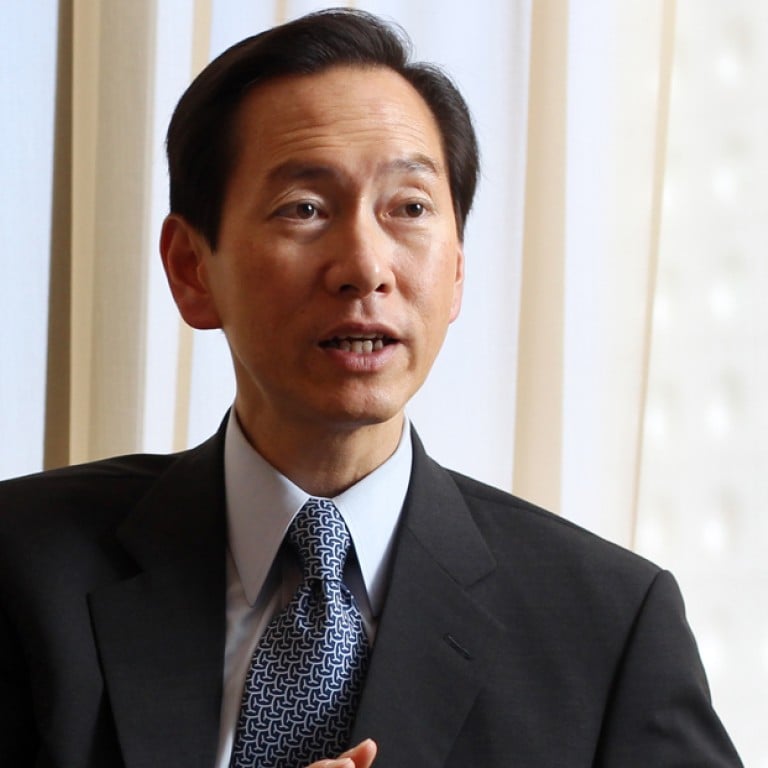
Law Reform Commission urges charity register for more transparency
Six-year review by law reform group pulls back from recommending centralised watchdog and calls for register in move towards transparency
Hong Kong's 7,500 charities should have to join a government register, with the details open to the public, a six-year review of charity and fundraising law has concluded.

The commission also urged the government to standardise applications for fundraising permits and said charities should have to set out details of their finances before selling lottery tickets or raising funds.
The proposals were welcomed by charities as a move towards transparency.
Many had opposed the idea of a centralised authority, fearing it could be used to suppress criticism of the government or undermine religious freedom.
Bernard Chan, chairman of the Law Reform Commission's subcommittee on charity, said compiling a register would be much faster than setting up a watchdog. "Still, it would help increase the transparency of charities and public confidence in them," Chan said.
The Law Reform Commission has been scrutinising charity law since 2007.
It said the changes could be implemented by amending existing legislation, rather than through the creation of a new charity law.
Hong Kong has no formal registration system for charities, which can be incorporated as companies, trusts or societies.
Members of the public have complained that it is difficult to tell whether a fundraising organisation has charitable status.
Under the proposal, charitable organisations which receive public donations or seek taxexempt status will have to register with a specified government department.
They would have to fulfil one of 14 broad charitable goals set by law.
When applying for a fundraising licence from the Social Welfare Department, the Home Affairs Bureau or the Food and Environmental Hygiene Department, charities would have to fill in a standardised form, disclosing their objectives, financial accounts and how they planned to use funds collected.
The information should be made available on the government website. Charities which breached the rules would risk being struck off the register and banned from fundraising.
The Council for Social Service hoped the government would implement the recommendations as soon as possible to restore public confidence in charities,
Dominic Yung Yuk-yu, director of the Catholic Social Communications Office, welcomed moves towards transparency and the scrapping of the watchdog.
"The establishment of a commission to co-ordinate all religions had many political implications," he said.
